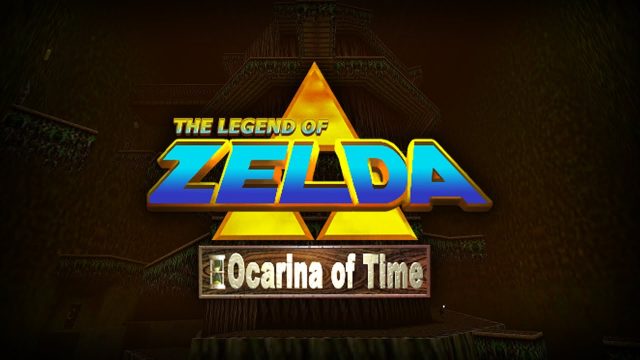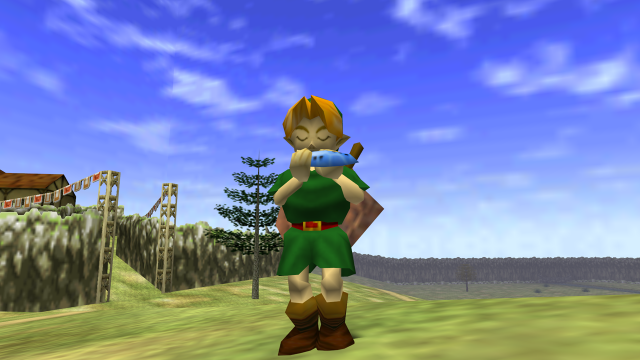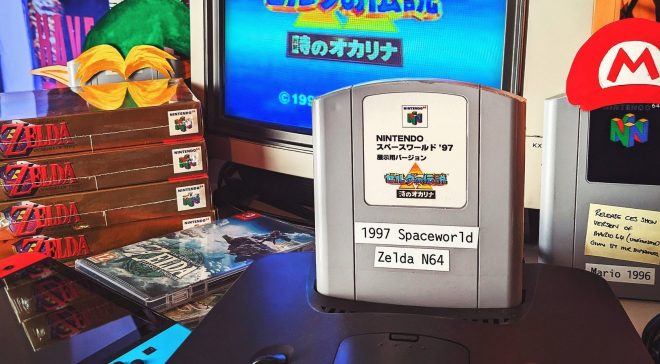A couple of days ago, Rare co-founder Tim Stamper made waves on Twitter when he posted an image of a dev cart from Space World 1997 (Nintendo’s defunct Japan-only video game convention) that contains the famous demo of The Legend of Zelda: Ocarina of Time. In his tweet, Stamper states that the cart is “not overdumped, not reconstructed,” which seems to be an allusion to how fans have cobbled together a facsimile of the demo in the years since it was first played by the public. The reason for that reconstruction being that Nintendo has never made the demo available for download or at-home play in any way, shape, or form.
Needless to say, a certain corner of the Internet began braying quite loudly when they saw the cart, with many incensed that Stamper hasn’t dumped the code onto the web for all to have and do with as they please. Let’s let that soak in for a moment:
Some fans are angry because Tim Stamper, a famous game developer, won’t illegally dump proprietary software onto the Internet from a company that he has a very long, public history with.

At the same time, I also find it a bitnaive and irrational that fans would expect a professional in the industry with very public ties to Nintendo to take a cartridge like this and dump its contents online. Does anyone in their right mind think Stamper is wanting to risk getting himself sued? Because that’s a very likely outcome if he were to take this course of action. For gaming historians, having access to the ’97 Space World demo of Ocarina of Time would be wonderful, but I certainly am not chomping at the bit to put someone else at risk to get it.
Here it is… the 1997 Spaceworld ‘Zelda Ocarina Of Time’ original show cart, not overdumped, not reconstructed, the real deal 🗡️#intimsworld #n64 #switch #nintendo #zelda #ocarinaoftime #mario64 #starfox #gamecube pic.twitter.com/XQ1mfl3Vou
— Tim Stamper (@InTimsWorld) May 21, 2023
I think it’s also important to put into perspective what is and isn’t being preserved. Completed games are the bigger, more important target. Losing classic licensed software over the years, for instance, has been a heartbreaker. Full games developed by talented people that are every bit as memorable and impactful as concepts based on original properties. DuckTales, GoldenEye, and other games have left an indelible mark on the industry. The builds of these games during development, as interesting as they may be, simply aren’t as important.
It also isn’t terribly reasonable to expect that every shred of development material for a game will be saved, as well. Nor to think that fans are somehow owed access to these materials, either. Again, as a fan, as someone who likes to peruse websites like The Cutting Room Floor or read books like X-Men: The Art and Making of The Animated Series, I’m all for that backdoor glimpse at how creatives make the things we love. At the same time, I, nor any other fan, am owed that. It’s a decision that creators make to share that aspect of the process with us. There are countless behind-the-scenes documentaries on how various Disney movies have been made, for instance, but there’s just as much if not more of that content that is tucked away somewhere that fans will never see. And that’s okay.





 ShareThis
ShareThis






